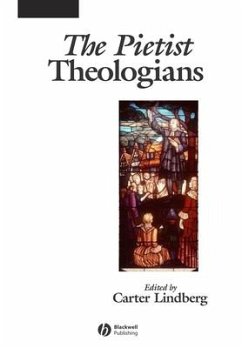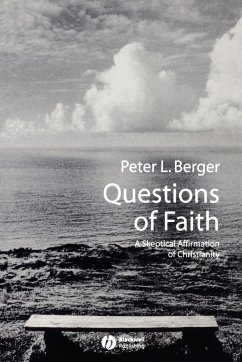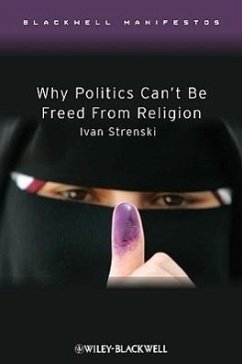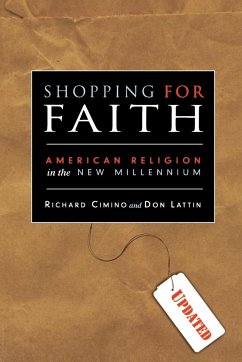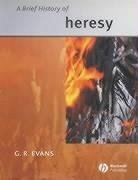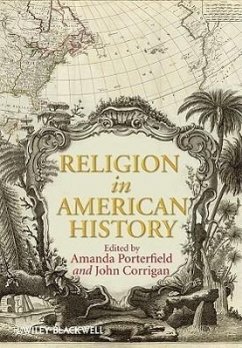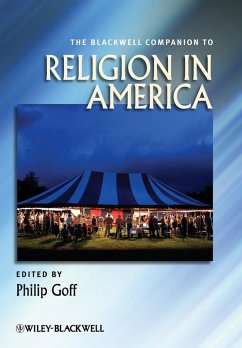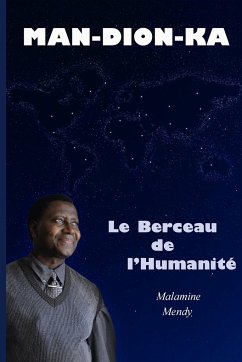
Rethink Dion Areopagite

PAYBACK Punkte
17 °P sammeln!
"Dionysius the Areopagite," the early sixth-century Christian writer who took the name of Paul's first convert in Athens, effected a marriage between Christianity and Neoplatonism which was, from the start, as controversial as it was generative. Today's renewed fascination with Dionysius arises partly from the interest in "apophatic" thought that has occurred in post-Kantian continental philosophy, and partly from the contemporary attraction to "mystical" practice. But the Corpus Dionysiacum is easily misunderstood. A false conflation between post-modern "deferral" and Dionysius' "mystical the...
"Dionysius the Areopagite," the early sixth-century Christian writer who took the name of Paul's first convert in Athens, effected a marriage between Christianity and Neoplatonism which was, from the start, as controversial as it was generative. Today's renewed fascination with Dionysius arises partly from the interest in "apophatic" thought that has occurred in post-Kantian continental philosophy, and partly from the contemporary attraction to "mystical" practice. But the Corpus Dionysiacum is easily misunderstood. A false conflation between post-modern "deferral" and Dionysius' "mystical theology" can easily occur, and little can be properly understood of Dionysius' import until his oeuvre is read as a whole, and through the complex history of his reception in both the East and West. This volume provides a succinct and clear analysis of the original context and intent of the Dionysian writings, and of their subsequent interpretation in Christian tradition, up to the present day. About the series Born out of the journal Modern Theology, the Directions in Modern Theology book series focuses on important theological topics and texts in current debate within the disciplines of historical, systematic, and philosophical theology, while looking at broader contemporary developments from a theological perspective. It analyses notions and thinkers, as well as examining a wide spectrum of "modern" theological eras: from late Medieval through to the Enlightenment and up until the present-day "post-modern" movements. Attracting distinguished theologians from a worldwide base, the series provides a distinguished forum for international debate and a set of invaluable teaching resources.




